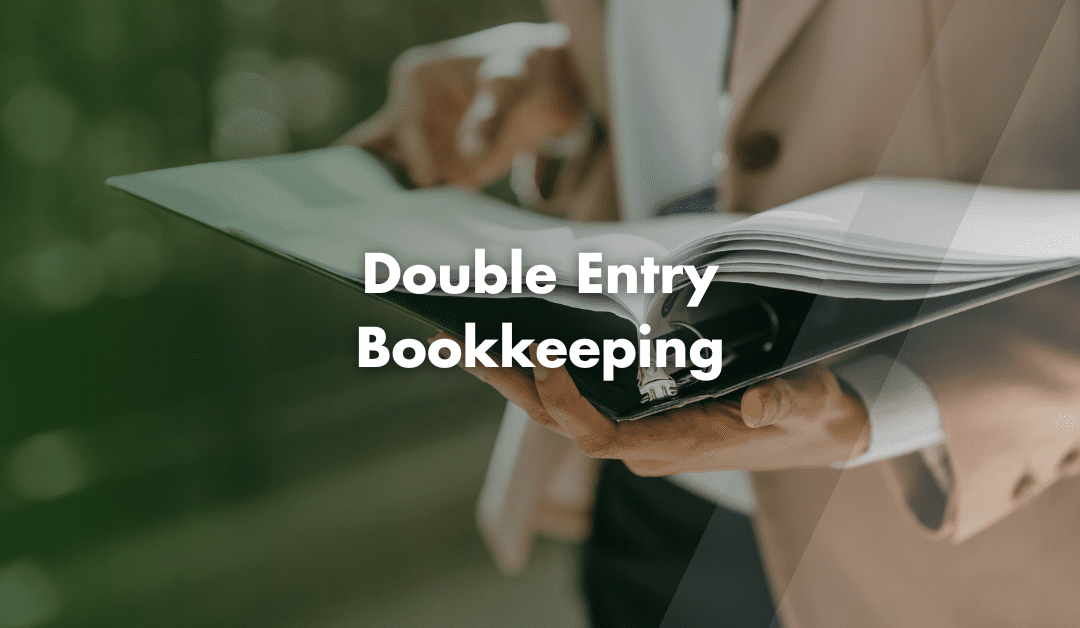What is Double Entry Bookkeeping?
Double Entry Bookkeeping is an accounting technique that records each financial transaction twice – once as a debit in one account and once as a credit in another.
This method bases itself on the accounting equation: Assets = Liabilities + Equity.
By adhering to this formula, double entry bookkeeping keeps the accounting ledger balanced, reflecting a true and fair view of the company’s financial position.
How Double Entry Bookkeeping Works
For every transaction, the system makes two entries: a debit to one account and a corresponding credit to another.
For example: When a company makes a sale, it records a debit in the asset account (increasing cash or receivables) and a credit in the revenue account.
This dual recording ensures that the total debits equal total credits, maintaining the balance that is central to this accounting practice.
Debits and Credits Explained
- Debits: Debits increase asset and expense accounts but decrease equity, liability, and revenue accounts. Record debits on the left.
- Credits: Credits increase equity, liability, and revenue accounts but decrease asset and expense accounts. Record credits on the right.
Types of Accounts Used
- Asset Accounts: Track resources owned by the business like cash, inventory, and equipment.
- Liability Accounts: Represent what the business owes, such as loans and accounts payable.
- Equity Accounts: Show the owner’s interest in the business.
- Income Accounts: Include revenue from sales and other income sources.
- Expense Accounts: Record costs like rent, utilities, and salaries.
Benefits of Double Entry Bookkeeping
- Accuracy and Compliance: Following the “matching principle” ensures that expenses match the revenues they generate. This facilitates the calculation of accurate profits, losses and adherence to generally accepted accounting principles (GAAP).
- Error Reduction: Recording every transaction twice creates a system of checks and balances. Consequently, lowering the likelihood of errors and simplifying their detection and correction.
- Fraud Mitigation and Audit Trails: Enhanced fraud prevention with clear and traceable audit trails. Therefore, allowing businesses to easily detect and investigate discrepancies in their accounts.
- Streamlined Financial Statement Preparation: Systematic record-keeping accelerates and refines the preparation of financial statements. As a result, this supports timely and strategic business decisions.
- Historical Insights and Continued Relevance: Originating in the Middle Ages, double entry bookkeeping has continuously evolved to include comprehensive business transaction records. Thus, proving its lasting importance in financial management.
Contact Us
We are not just accountants; we are Chartered Accountants with one of the most reputable and premium accounting bodies. We are registered and regulated by ACCA; so you can rest assured that you are in good hands. Knowing this, don’t hesitate to get in touch with us if you require assistance: Pi Accountancy | Contact Us

